2 min read
Gospel-Centered from the Start
“Let us hold unswervingly to the hope we profess, for He Who promised is faithful…Jesus Christ is the same yesterday, today, and forever.” (Hebrews...
Having recently celebrated the 2018 LIFE Recovery Commencement, we know the story is just beginning for the honorees. Their time at UGM was a time of preparation for a deeply satisfying life of connection, relationships, and service to others. Maintaining that rich life requires cultivation of a different kind of hunger than we usually talk about at UGM – a healthy, lifelong hunger.
By Mike Doggett, UGM Aftercare Manager
It is Sarah’s first 12-step support group meeting since entering a drug and alcohol recovery program. Sarah is leaning forward in her chair, listening to every word shared by those in the room, not wanting to miss a single point. The others in the room are also listening, but none seem as hungry to hear as Sarah is.
Each week for several months, Sarah attends this meeting and continues to soak up the words of those sharing.
One year into her recovery, Sarah is not interested in attending these meetings. Sarah feels that she has recovered to the point where she no longer needs this. Sarah is in control of her addiction, evidenced in the fact that she has not relapsed. She feels that she has gotten everything she needs from the recovery program.
In recovery circles, you will often hear the acronym HALT (hungry, angry, lonely, tired) used as a relapse prevention tool. To help minimize the chance of a relapse, a person should avoid being hungry, angry, lonely, or tired.
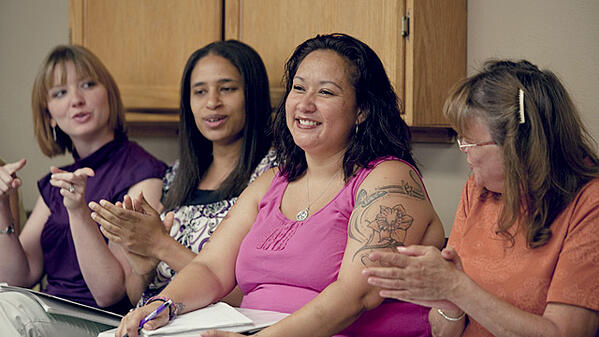
I agree that this is an important tool to remember when recovering from an addiction, and each one of these conditions could lead to a relapse. However, I would like to address the “hungry” part of the acronym from a psychological point of view.
I remember watching a biography about Arnold Schwarzenegger as he prepared for the Mr. Olympia contest in the late 1970s. He said:
“The wolf on the hill is not as hungry as the wolf climbing the hill.”
In other words, the person who has achieved their goal may not work as hard as the one still climbing.
So what does this have to do with recovery?
Early in recovery, Sarah was hungry to learn as much as she could about her addiction from those who had gone before her. She was like a new sponge, soaking up the experience, strength and hope of those who were sharing in these meetings. A year into her recovery, Sarah is not as hungry.
In fact, Sarah feels as if she is full. She no longer needs to listen to those sharing in these meetings. She is in total control of her recovery and no longer needs the support of others. Sarah is suffering from what author Sharon Hersh calls the “last addiction”: the belief that we can save ourselves.
As the Aftercare Manager for UGM, I get the opportunity to meet with individuals as they are coming into our program, when they are attending our Recovery for Life 12-Step meeting. People like Sarah, early in their recovery journey, are hungry to learn how to experience the strength and hope that others in the room are sharing.
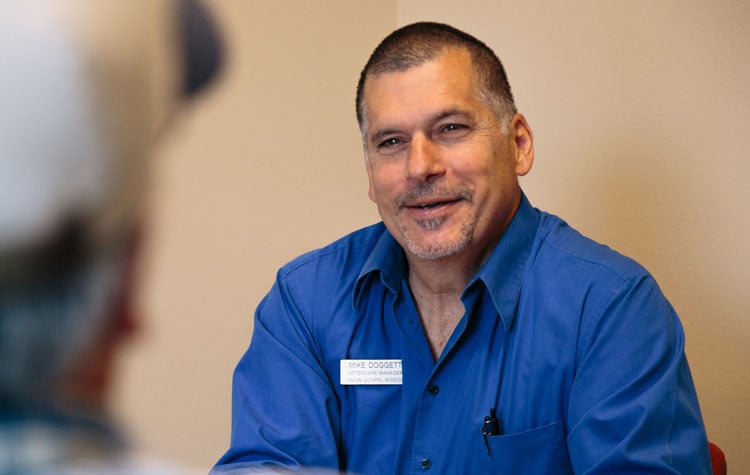
When I meet with those who complete the 16-month recovery program, we develop a relapse prevention plan: We discuss ongoing support for the person after transitioning back into the community. We look at details like church attendance, meeting with their mentor and attending support meetings.
Many of these people are at that point where the hunger they had for recovery has been replaced by the idea that they are on the mountaintop and no longer need the support of others. I have heard from many “Sarahs” that they’re beyond the need for recovery meetings or the all-too-common statement, “I don’t need a mentor; I can do this on my own.” For some, work takes the place of church attendance, and before they know it they are back in that place they swore they would never go.
As a recovering alcoholic of almost 20 years, I have had times when I felt I was on the mountaintop, that I no longer needed support and “I can do this on my own.” I had lost the hunger for my recovery, and on several occasions found myself teetering on the edge of relapse.
Fortunately for me, I had people around me who understood that my isolation was not healthy and pointed me back towards recovery before I picked up that next drink. I quickly re-engaged in my recovery, getting involved in a men’s support group and choosing a home church.
I came to understand that recovery is not a destination; it is a lifelong journey. You must be hungry for it, willing to do whatever it takes to make the long haul.
UGM Executive Director Phil Altmeyer said it best when he said a person must start with long-term recovery in mind to be successful in lifelong recovery.
Today I have a hunger for recovery that can only be satisfied through my church family, support groups and the continued grace that Christ extends to me each and every day.
Others recognize that need in different ways. Another Phil – Dr. Phil – recently said, “Anybody can be a star in rehab. The problem is transitioning back into the real world.” A 1991 document put out by the US Navy stated that aftercare was so important to recovery that they made it a one-year part of their program.
My message to each person I work with, to myself even, is simple: We must start with long-term recovery in mind and not let go of the hunger that brought us through the Mission doors. Resist the temptation to relax in your recovery work, and learn to accept that accountability will be the lifeline for your success.
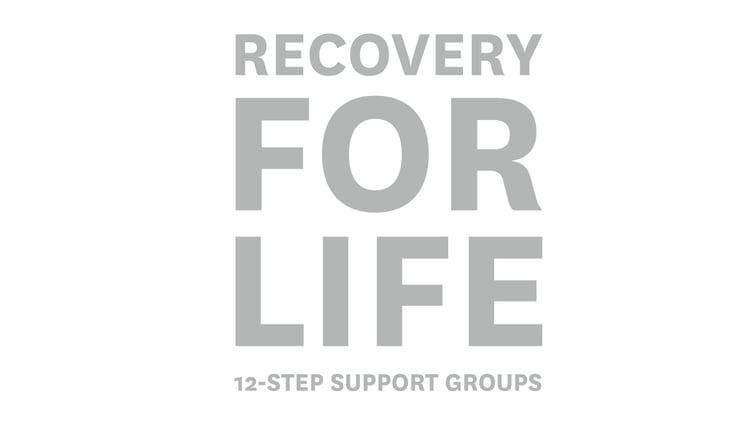
Our Recovery for Life 12-Step meetings are Christ-centered and held on site at each of our LIFE Recovery Program locations. We are not addiction-specific: Regardless of what you might be struggling with (substance abuse, gambling, sex addictions, overeating, co-dependency, etc.), you are welcome.
Our meetings are open to all UGM program participants, guests, and the public. Every week, you’ll find a group that uses the power of God, the 12 steps, and unity to overcome addictions and change who we are. The times and locations of these meetings are posted here.
Spot the beginnings of addiction in your life with the help of former UGM Counselor John Dunne in this video.

2 min read
“Let us hold unswervingly to the hope we profess, for He Who promised is faithful…Jesus Christ is the same yesterday, today, and forever.” (Hebrews...

9 min read
To celebrate 75 years of serving the Inland Northwest, we are spending the year remembering our history and the faithfulness that built us and...

2 min read
In 2026, Union Gospel Mission Inland Northwest is approaching our 75th Anniversary! This is a milestone that invites gratitude and reflection, and...

Jesus changed everything. More specifically, Jesus' life, death and resurrection changed everything.
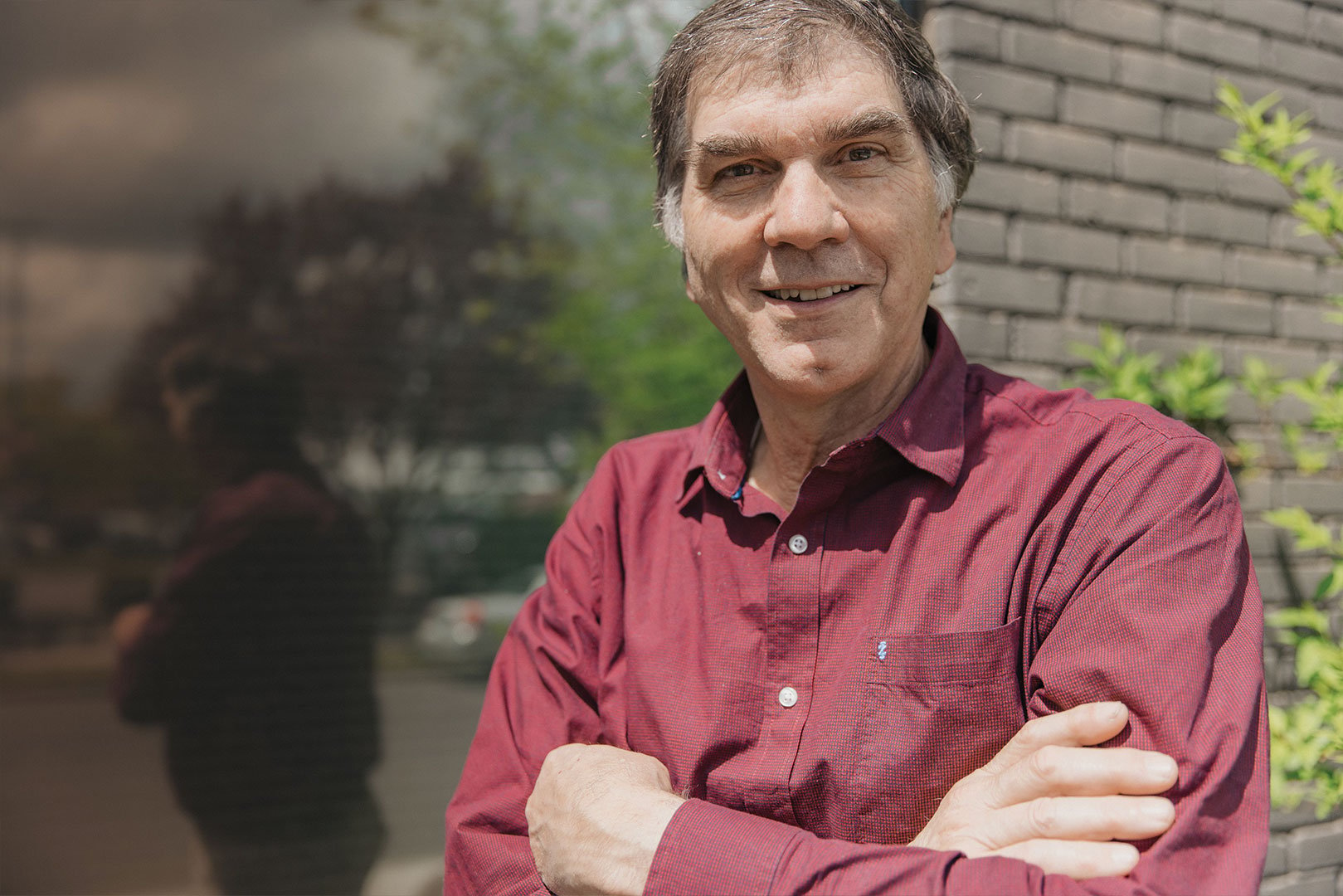
“Hold on to instruction, do not let it go; guard it well, for it is your life.” (Proverbs 4:13)It’s hard to think long term. In today’s culture of...
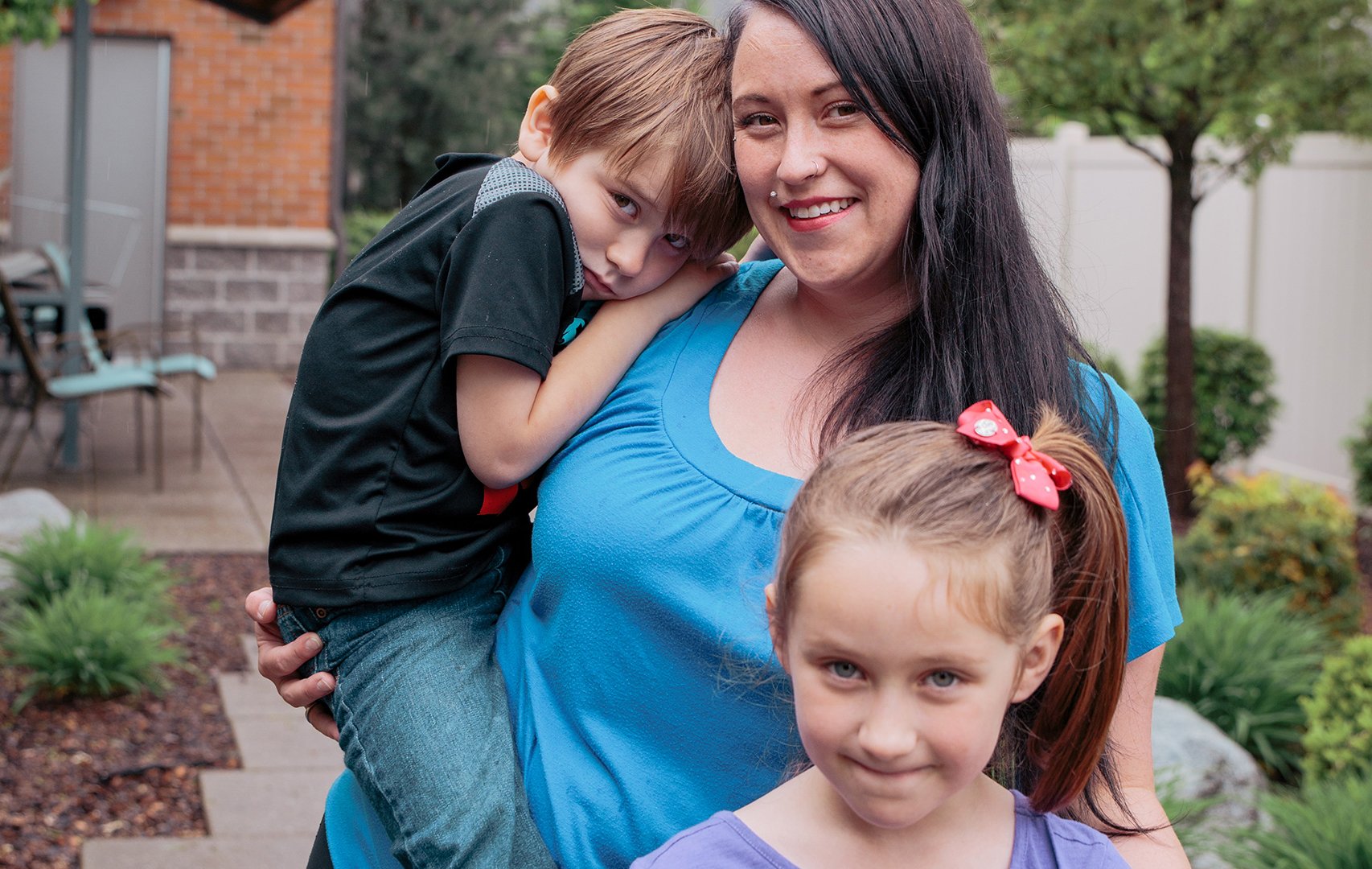
Five years. It takes five years actively pursuing recovery for an addict to have a strong chance (about 85%) of lifelong recovery. Five years minus...